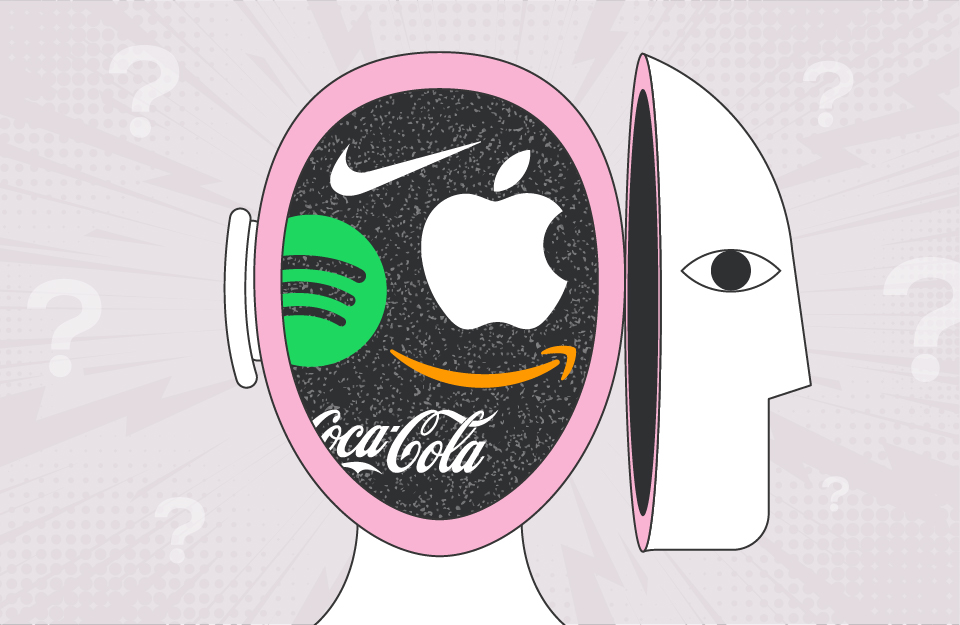People are choosing to share more information via the internet than ever before, primarily through social media. I am investigating developments in modern digital marketing and in this blog post I will look at a somewhat less visible channel through which information is shared online – cookies.
Cookies collect information by monitoring a web user’s behaviour. As a web user navigates a site information is stored in ‘Cookies’ – miniature data files which ‘remember’ each visit and recognise returning users. The name is believed to originate from the cookie-crumb-esque trail that an internet user will leave as they travel through the dense forest that is the modern web. This modern marketing tool is increasingly used to inform the decision making of digital marketers tasked with creating and improving the online experience of consumers.
On a given website, where customers are engaging with a product or service, cookies can be of benefit to both the buyer and seller involved in the transaction. The company who is selling or promoting a product can access information –unattainable prior to the internet age – regarding browsing habits and individual interests (as measured by clicking habits) which help it to augment its service to maximise sales. This process of optimization has developed into the field of UX (user experience). On the other hand cookies enable customers to receive a more personalized online service with a website which is programmed to optimize the ease and enjoyment of their experience.
67% of UK internet users make purchases online. The ease of a modern internet transaction is facilitated by services enabled and informed by data collection from cookies. Simple functions such as the ‘shopping basket’, which streamline the customers shopping experience, rely on data stored through cookies. Information gathered through cookies pushes web designers to think about innovative ways of improving their web service.
As an economics student I wonder if technologies such as cookies bring us closer towards a market which operates with perfect information. Characterised by consumers and producers both having perfect information on price, quality, product benefits and production methods a perfect information market maximises efficiency and utility in an economy. Moving closer to this ideal scenario delivers benefits to every agent involved in trade.
The internet has advanced the ability of consumers to build up knowledge and understanding prior to product purchase through the culture of online reviews and comparisons. Product review and comparison sites reduce levels of asymmetric information in transactions and the internet enables customers greater freedom to shop around for the optimal deal. Companies also access more information through the internet via Cookies. Innovative web-design which employs features of personalisation is a new opportunity for companies to utilise this information and work harder to capture their better informed customers. The online domain is a playing field where the forces of competition can interplay to the benefit of both buyers and sellers. With cookies transferring information from buyers to sellers the actual consumer purchasing process becomes far clearer. Cookies can measure how a purchase proceeds and what aspects of a website a customer engages with allowing the company to grasp what consumers do and do not like about their service.
Cookies create a personal service but also give consumers another channel, although more subtle than directly voicing feedback, through which to air their voice. If a website becomes over-personalised and is perceived as intrusive a customer will choose to buy from a different producer. Reduced use of a site will be recorded through cookies and fed-back to the organisation indicating that they should reduce their levels of personalisation. The reaction of customers to personalisation may be partially informed by demographics and generational attitudes. If a company also holds data on these variables then it can build an enriched picture of customers and their preferences.
There exists a market for the use of cookies whereby the benefits of personalisation enjoyed by website users offsets the costs of sharing personal data with companies – for some this cost takes the form of a reluctance to have a record of online activity being stored. This balance as sought by companies. With a product-selling website a process of adjustment and reaction should in-theory continue until the level of personalisation is optimised from the point of view of the customer. When the service is optimised for the customer the sales will be optimised from the company.



